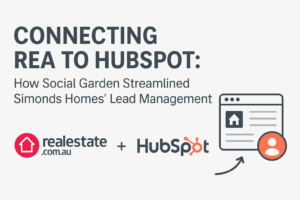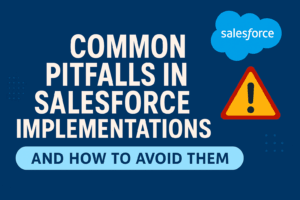BLOG
A Typical Day in the Life of a Sprout Intern
The day begins at the Social Garden office at 8.30am, as I walk in ready for the day ahead, after jamming to a boppy playlist on my car ride in. If time permits, I duck into 365 Coffee & Food across the road to have my morning oat latte or batch brew (depending on the severity of sleepiness). A quick glance over morning emails and Asana (a work management platform that helps the team organise and track to-do tasks), tells me what meetings or tasks I can expect today.
It starts off with the advertising team doing a “stand-up”, where each member goes through their three objectives of the day as well as what is currently on their mind. Not only does this remind yourself of the most important things you have to do but also allows the team to keep each other accountable on their projects. This leads to a quick catch-up with Gemma, Copywriting Queen, where we do an overview of the tasks I have set today and a chance for me to seek clarification on anything that I need help with.
Before we get into the nitty gritty, here’s a quick glossary of some marketing terms frequently used around the office.
Glossary
- Call to action – CTA prompts the audience to interact with the page, typically with a value exchange or to sign up and provide their details for more information
- Conversion – The objective of driving traffic to a website, that those visitors then complete the desired action
- Lead capture page – Landing page that seeks to collect information about new leads
- Lead – Refers to a potential customer who shows interest in a client’s products or services
- Prospecting – Identifying and reaching out to potential leads
Rotation 1: Copywriting
After completing a copywriting training session with Gemma, it is time to put that knowledge into practice by executing the skills on a real-life client project. The first task is to try my hand at writing Facebook ads. The objective is to refresh the current messaging and expand on what is working well to improve the conversion rate.
Through my training I learnt how to:
- Assess the performance by looking at the most recent monthly report for the top ads and any recommendations, a 7 day performance dashboard to understand what’s working now and audience insights
- Explore Unbounce, a landing page optimisation platform, to see the current landing page, any tests that are being run and the performance of previous variants
- Identify content gaps by looking at the client website for further messaging ideas that we might be missing
Based on these findings, new copy is then put into Leadtech Insights (LTI), Social Garden’s own innovative platform that houses both copy, lead data and insights all in one place.
In this ad, we trialled less emphasis on the price and more on geographical features based on the current performance.
Rotation 2: Campaign Management
Now you may be wondering “What in the world is campaign management?”. I was too until I was taken under the wing by lovely Georgia, Senior Campaign Manager at SG. After the producers and developers create the content for ads, it then gets passed onto the campaign team to upload, review and optimise the ads accordingly. One aspect is developing a list of keywords for Google Ads, to assist in targeting the correct audience for the client.
My key takeaways for creating a robust keyword strategy include:
- Capture a wide range of relevant traffic with phrase match
- Explore word groupings that reflect different stages of the funnel to create stages of the funnel within Google activity
- Allow for an aligned user journey from search to ad to landing page by sending the user to the page that best reflects where they are at
- Filter out traffic that’s not relevant through the use of a negative keyword list
Based on the objectives of the campaign, keyword lists are built in the Google Ads platform.
In these examples, we have used broad match for ads to show on searches that relate to the keyword while we have used phrase match for ads to show on searches that include the meaning of the keywords.
Rotation 3: Account Services
After parting ways with the advertising team, the exposure to the producer’s perspective sets me up perfectly to be thrown into the deep end with the client-facing team. Under the guidance of Victoria, one of the talented Account Managers at SG, an important task is reporting on campaign performance and making optimisation recommendations to be actioned.
Some of the things covered in the reports that account services need to be across include:
- Weekly and monthly ad performance across Facebook and Google
- Audience demographic distribution and profiling data
- Top keyword performance
- Key audience and creative insights about what is working well or not
- Recommendations for the next steps to improve the campaign
By pulling together data from a live campaign results spreadsheet and checking split test results in Unbounce, I can write a summary in an easy-to-digest format that then gets presented back to the client.
Based on the findings, recommendations are made on ways to change the copy, design or campaign structure to improve the campaign.
The day wraps up at the office around 5pm, all work emails and tasks either finished up or pushed to the next morning to conquer. One of the most valuable aspects of the Sprout Program at Social Garden is you get a taste for agency life through training workshops that then translates into working on real client projects.
You spend 3 months as an intern rotating between departments where you gain critical industry-relevant skills, support the team in their projects, as well as contributing your own ideas too.
















